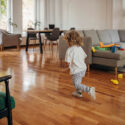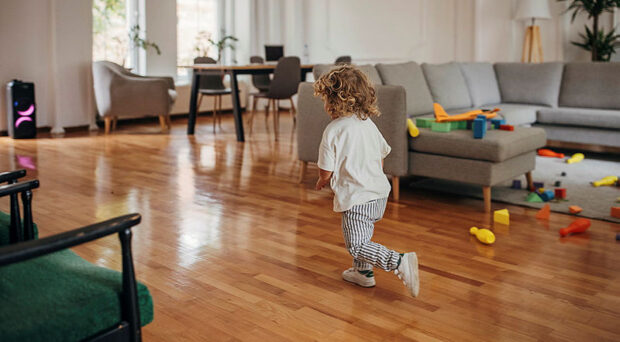Children playing at home
(c) South_agency / Getty images / iStock
All Europeans, but especially children, will reap the benefits of achieving zero indoor pollution. The EU-funded project aims to achieve this goal. FIND OUT MORE ABOUT THE PROJECT. INQUIRE provides the tools and knowledge needed to improve indoor air quality in residential buildings.
INQUIRE belongs to the IDEAL (Indoor Air Pollution & Health) cluster, a group of working groups promoted by the European Commission to maximize synergies and improve the impact of six projects selected for Horizon Europe funding.
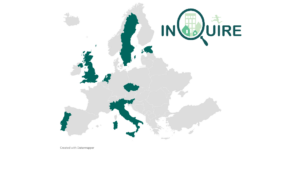
INQUIRE logo
Chemical exposures during early childhood can lead to endocrine effects, allergies, respiratory illnesses, and other health problems. Young children spend most of their time at home. INQUIRE will focus on understanding the key determinants of indoor environmental quality in families with young children and infants (under five).
Europe has a great diversity of housing, lifestyles and climates. The main objective of INQUIRE is to harmonize the characterization of current conditions in eight different countries: Czechia (Czech Republic), Estonia (Estonia), Italy (Netherlands), Portugal, Slovenia, Sweden and the United Kingdom. This will ensure that we are able to gather the views of a wide range of families. Harmonized sampling will be carried out in all residences to assess the quality of the indoor environment.
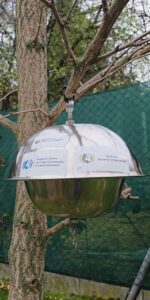
The Study Sampler
INQUIRE will use low-cost sensors and non-invasive sampling techniques (passive indoor/outdoor air sampling, dust deposition, consumer product sampling, urine biomonitoring), to determine body chemical exposure human at home.
Samples collected at home will be used to support a high-resolution, multi-level chemical and biological screen and broader holistic characterization. This allows for a comprehensive assessment of indoor environmental quality. INQUIRE's single dataset will be created by harmonizing the recruitment and sampling strategy across all regions.
FIND OUT, after determining baseline conditions and helping families test interventions to improve indoor air quality. Interventions can range from simple behavioral suggestions such as cleaning or ventilation strategies, to more advanced air purifier technologies.
INQUIRE will then evaluate how effectively these strategies reduce indoor chemical levels, reduce toxic air, dust, and human exposure associated with household chemical exposure.
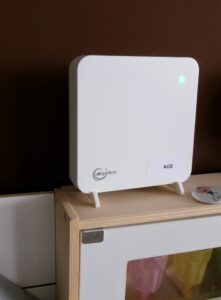
The Study Sampler
INQUIRE's Open Science and FAIR Data strategy will enable continuous exploitation of results. Open dissemination and citizen science will increase awareness among citizens, while industry and policy makers can use the knowledge generated to support the transition to zero pollution homes.
Knowledge gained through comprehensive sampling, intervention testing, chemical and toxicological profiles will be used to develop an indoor air policy that creates healthier homes in Europe, supporting EU efforts towards zero pollution .
You can find more information about the study on our website WebsiteOr via Facebook, You can find us on LinkedIn. You can also learn more about: Twitter.
